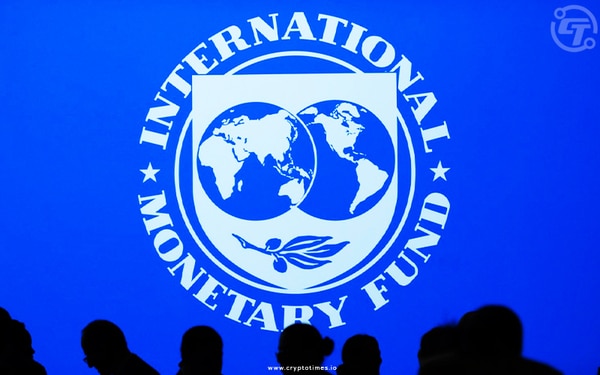The International Monetary Fund (IMF) has acknowledged that governments are struggling to effectively tax cryptocurrencies, resulting in potential losses of billions of dollars in uncollected taxes.
In a recent working paper, the IMF highlighted the challenges posed by crypto’s semi-anonymity, its dual nature as an investment and payment vehicle, and its high volatility. The lack of consensus on how to tax cryptocurrencies, coupled with outdated tax systems designed before the advent of blockchain technology, further complicates matters.
While crypto’s semi-anonymous nature may raise concerns about tax evasion, the IMF pointed out that the high fees and volatility associated with cryptocurrencies make them less attractive for evading taxes.
Instead, the paper suggests exploring “corrective” taxation to counterbalance the undesirable macroeconomic impact of crypto and contribute to ecological goals. Green taxation and other mechanisms are being considered, but further exploration is needed.
The IMF noted that despite the vast amount of transaction data available for cryptocurrencies, there is a lack of analytical work and empirical evidence in this field.
Another complexity arises from the division between large cryptocurrency holders (“whales”) and smaller investors, requiring differentiated treatment. The paper emphasizes the importance of proper tax design, suggesting the possibility of implementing a flat-rate tax on anonymous transactions.
Centralized exchanges offer more opportunities for tax compliance compared to decentralized exchanges, but their implementation would require further work. The IMF argues that Anti-Money Laundering and Know Your Customer measures alone are insufficient for tax reporting purposes.
To enhance tax compliance, the IMF proposes increased reporting requirements for crypto miners. Additionally, sales and value-added taxation for cryptocurrencies have received limited consideration and lack consistency.






